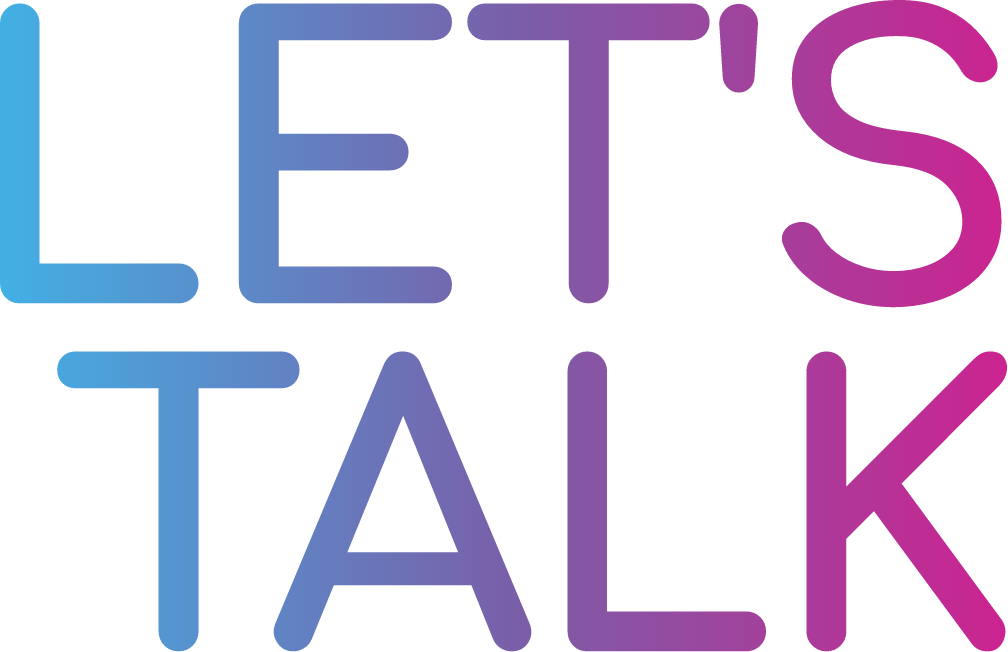No matter what country you live in, the spring of 2020 was likely not a year you remember fondly. Instead of seeing bright, smiling faces, we saw masks everywhere. Walking outside for fresh air soon became a treat. Some of us were bedridden, while others were stuck at their makeshift desks simultaneously entertaining three kids. Little did we know that working from home would soon become our reality. This work-from-home culture (also known as WFH) changed from individuals doing it out of necessity to a choice of convenience. But how did we get here?
While some individuals were ready to jump back into office life once their workplaces opened again, others were lured in by all that working from home has to offer. According to The Economist, workers spent 5% of their working time at home before the pandemic. By the spring of 2020, the figure was 60%. This number only continued to increase as the pandemic got more serious, making working from home the new normal.
And what’s going on in the legal sector?
Almost two years later (September 2022), the American Bar Association (ABA) conducted a survey with findings that 30% of lawyers work from home almost all the time, while 30% work in the office almost all the time.
This left 40% of lawyers working in a hybrid model. Hybrid work is a combination of working both in the office and at home. Many law firms have even implemented mandatory days where one must work from home.
This model seems to be all the rage, as data shows that fewer people are using working from home as a permanent option, implementing a hybrid work model or permanent in-office model instead.
For those working in law, the switch to permanent work from home or the hybrid style affected them dramatically. Law, like many other industries, relies heavily on employees forming relationships with each other. One cannot simply learn how to practice law from a book. Working in an office setting allows for constant relationship-building and mentorship opportunities, while working from home makes this infinitely harder to do.
In fact, nearly half of those surveyed in the ABA study felt declines in co-worker relationships because of remote work. Another concern lawyers have about working from home is the loss of firm culture. Without in-person work, attaining a solid culture and collaborative environment becomes virtually impossible because individuals are not interacting face-to-face.
Aside from missing out on forming crucial relationships, working from home has many setbacks for minority groups. In the same ABA study, higher percentages of women in law than men in law and people of color in law than Caucasians in law reported being more worried that they would miss out on business development opportunities, get paid less, or even be overlooked for certain assignments if they were not in the office. This is a serious concern, as working from home could lead to increased discrimination in the workplace, whether implemented subconsciously or not.
One highly disputed question within the work-from-home debate is whether individuals can be productive at home. The ABA study cites 90% of its respondents reporting that there was either no impact or an increase in the quality of their work when they work at home. With this said, 23% of respondents experienced increased stress levels, and 42% felt heightened social isolation from working at home.
So how easy is it really to separate our work lives from our home lives when working from home?
Although there are many obvious disadvantages to working from home, it does provide more flexibility and comfort for employees. Without having to travel to work, you cut down on transportation fees and how much time you are setting aside to get there. Employers can also cut significant costs associated with keeping the office open on certain days.
For parents who have kids at home, working from home allows them to spend more time with their children. One added bonus of working from home is that we can work in our pajamas. We may all pretend we don’t do it, but we definitely do.
There really is no final answer on whether those working in law will come to a definite conclusion on what is best: remote, hybrid, or in-person work. Time will tell, but until then, law firms should think about implementing policies that allow for flexible work environments to provide employees with some autonomy over how they work best.
*** Morgan Weber is an incoming third-year at the University of Virginia. She is double majoring in Media Studies and American Studies. Morgan is interning with Robus through a two-month intensive Onward abroad program, where she has learned many skills that will aid her in her dreams of becoming a TMT consultant.





